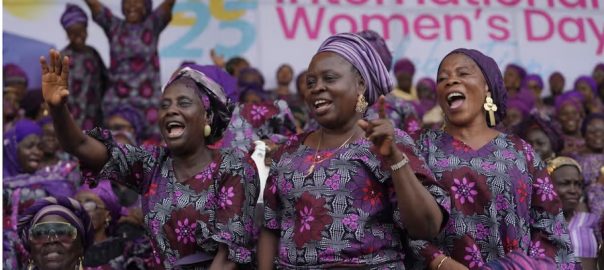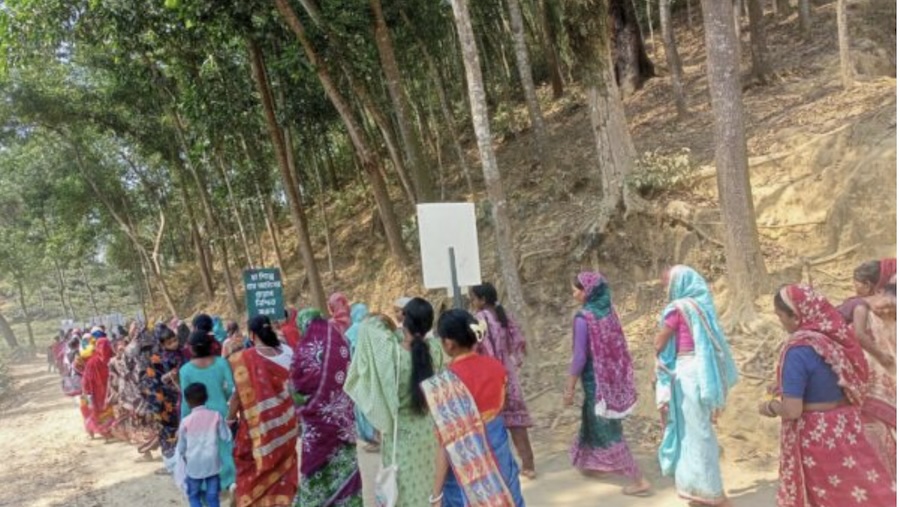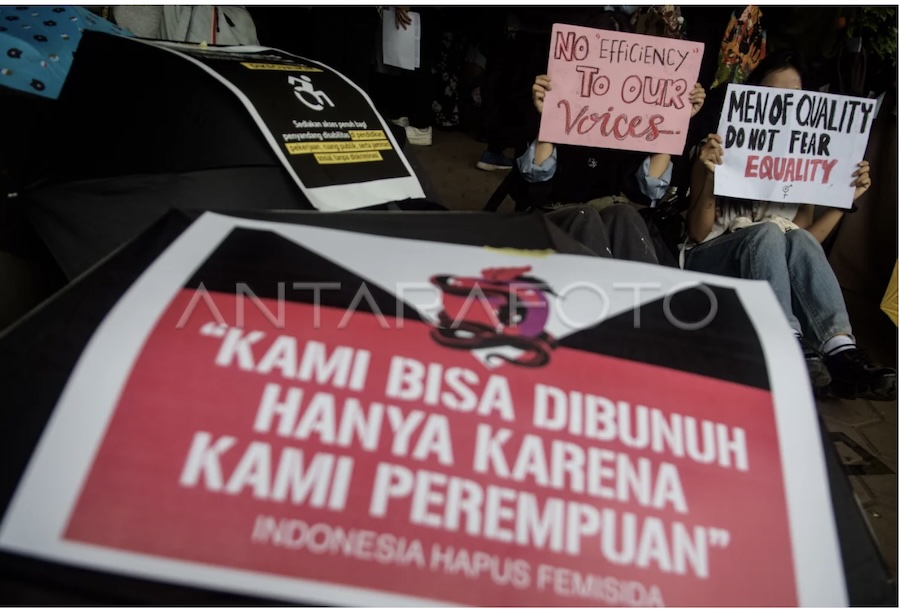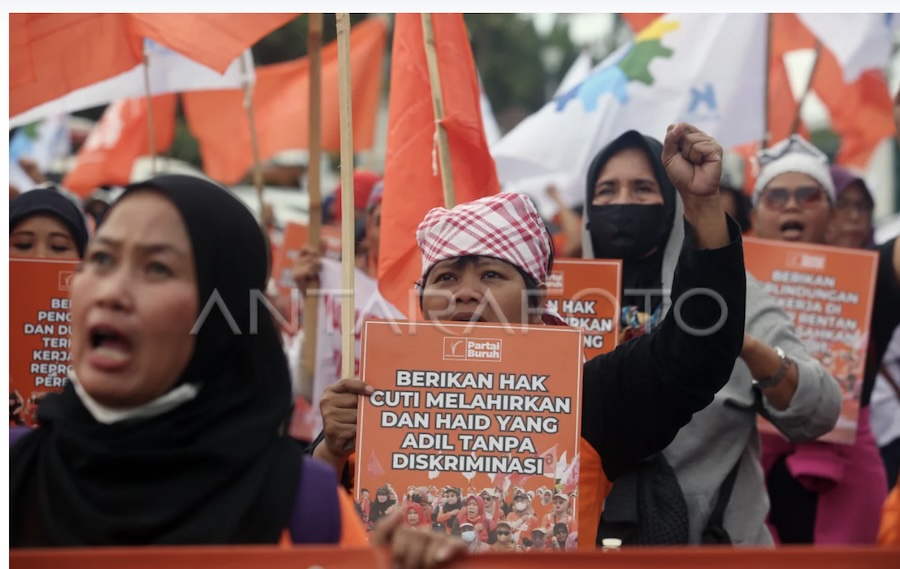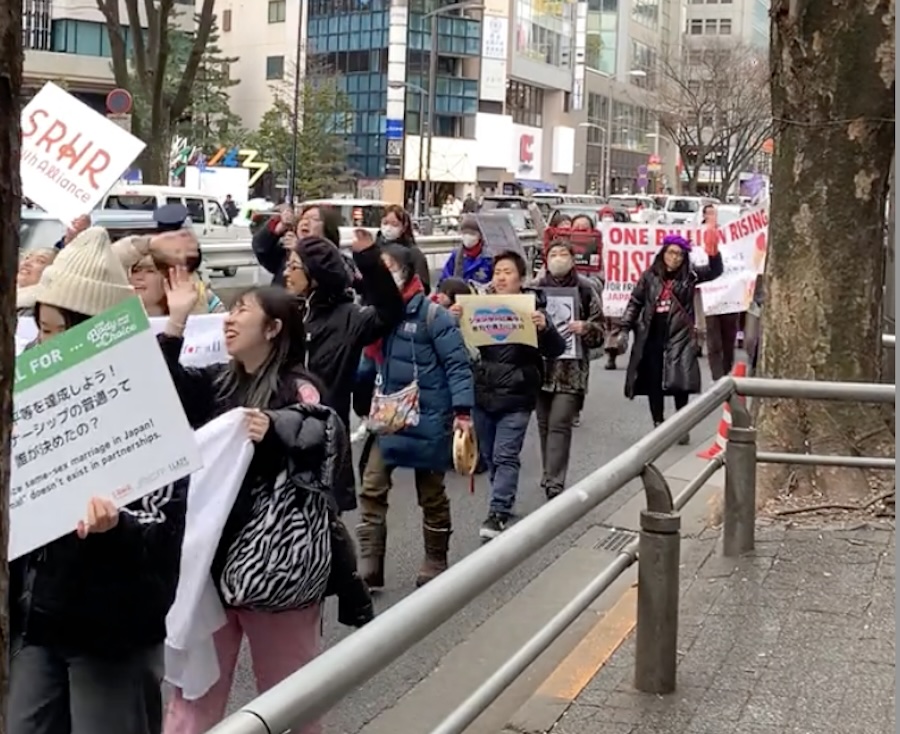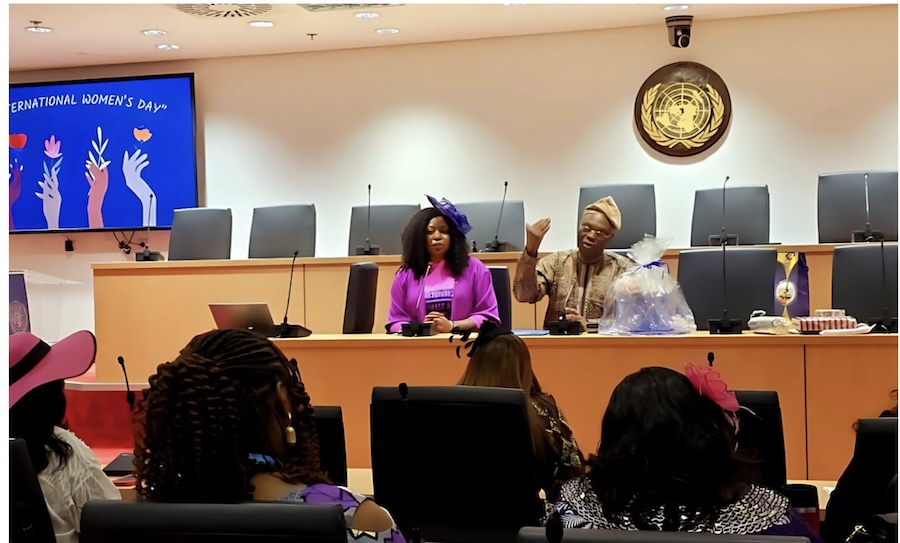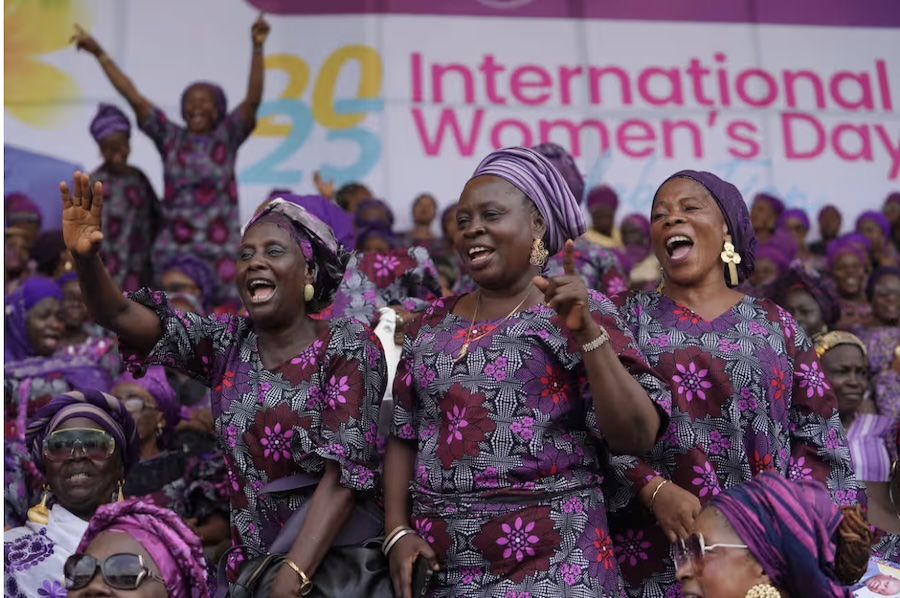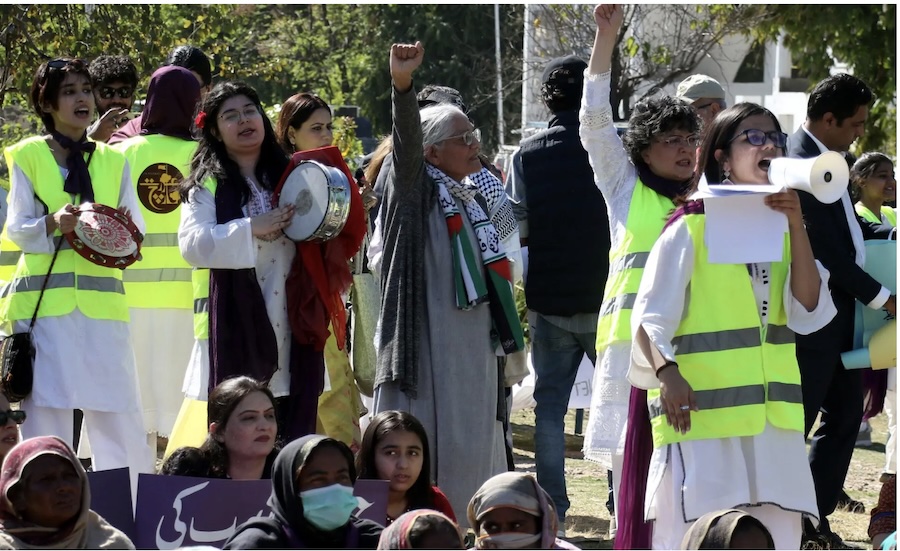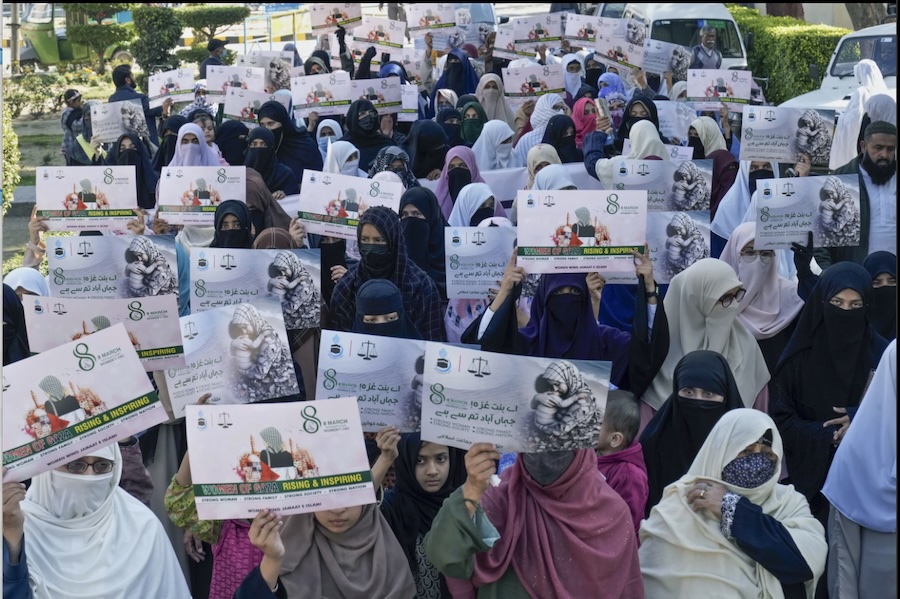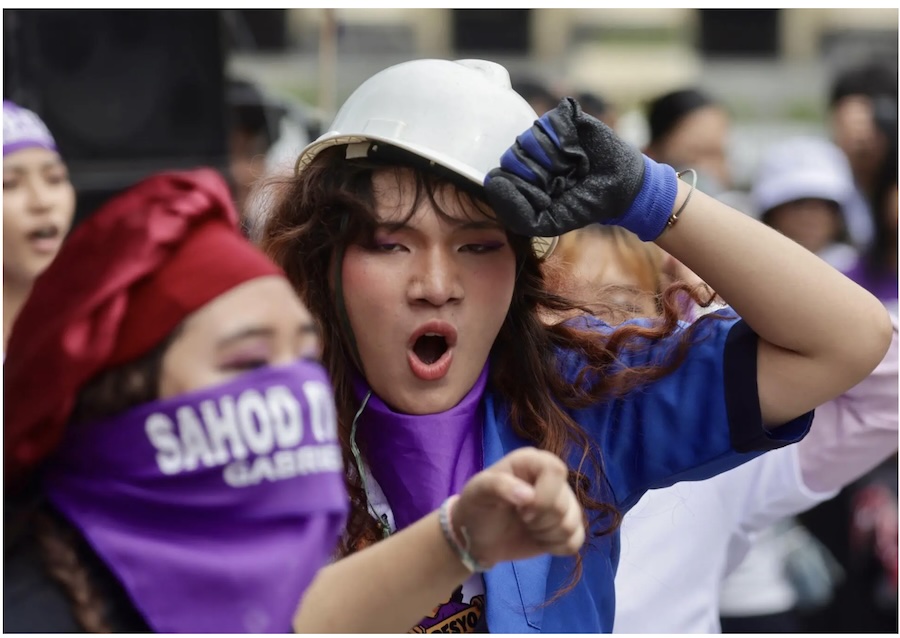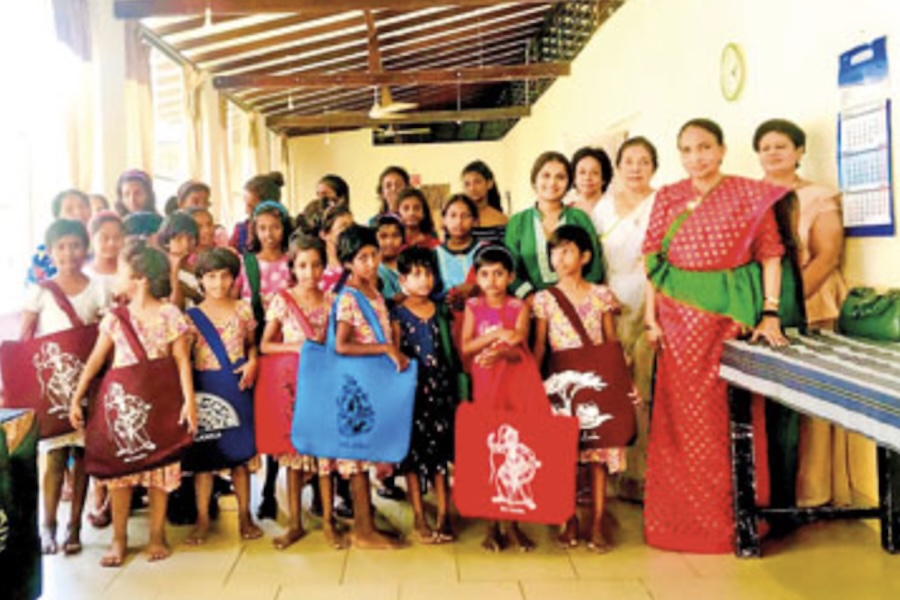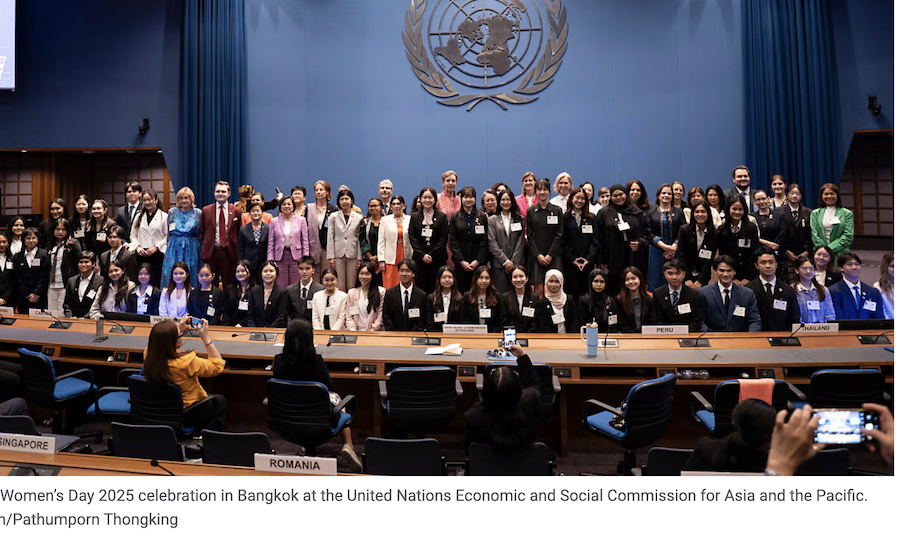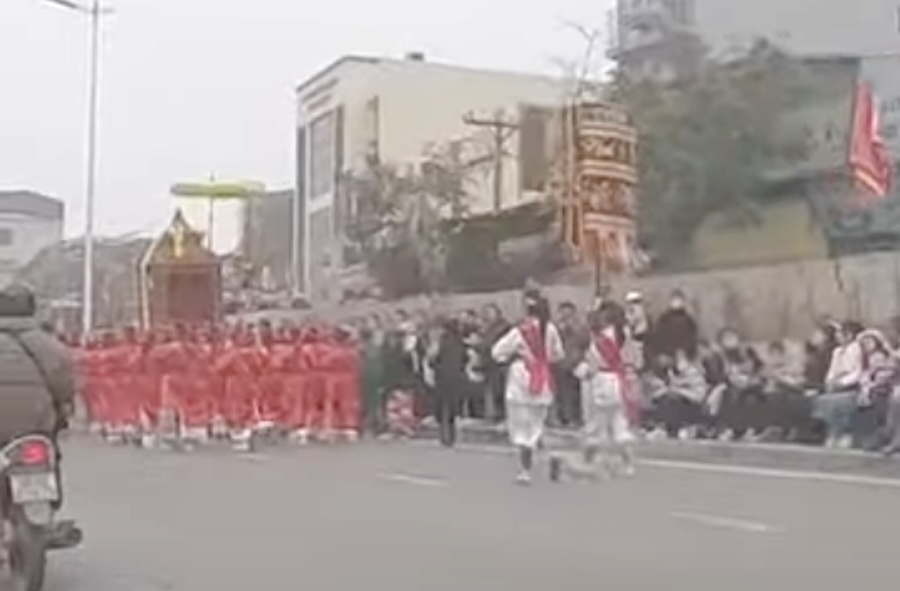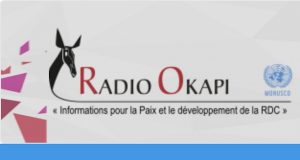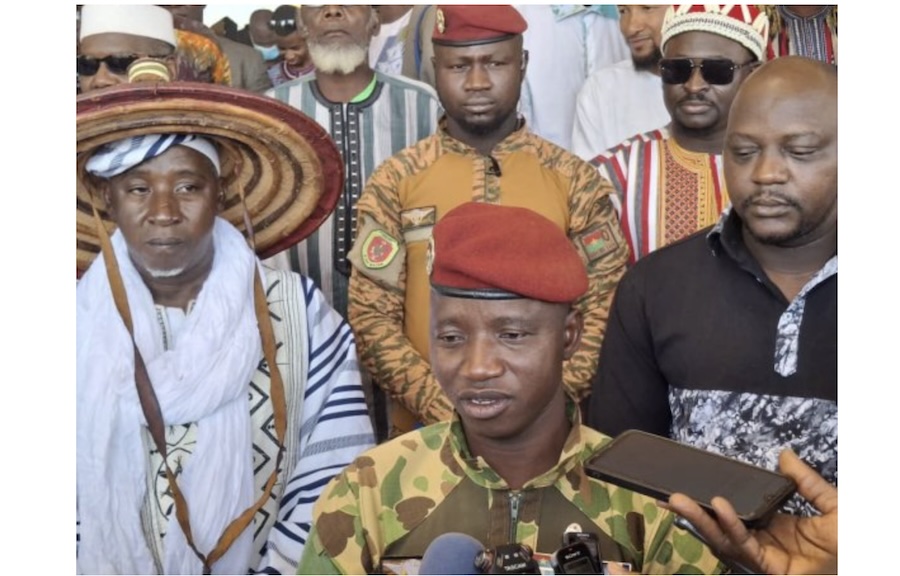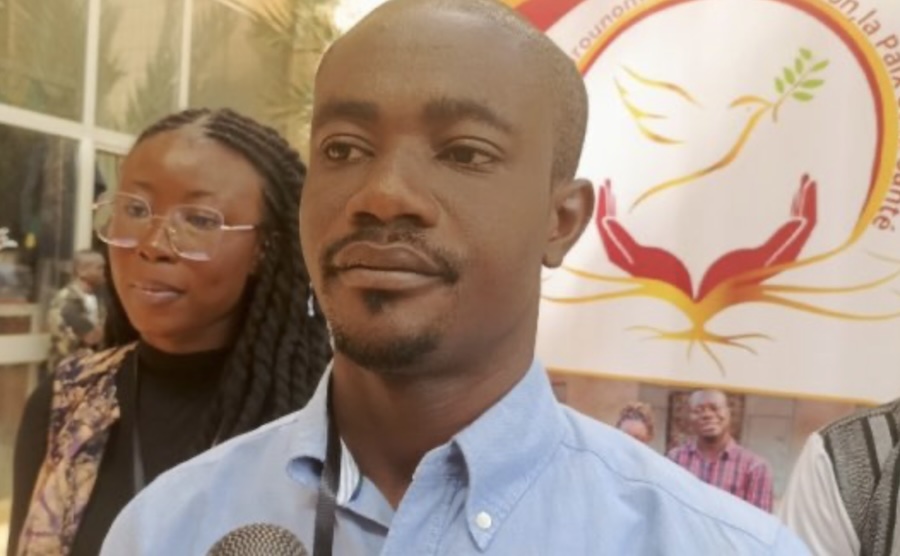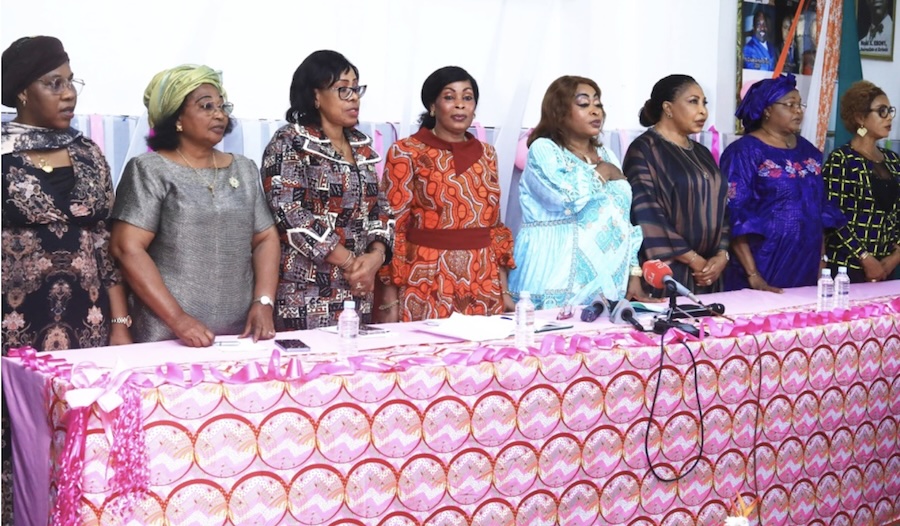. TOLERANCE & SOLIDARITY .
An article from the website of World Scouting
The PLANETE project (Acting for Peace, Freedom, Learning, Nature, Equity, Tolerance, and Environment) is empowering over 7,000 Scouts and Guides across five countries and two continents to drive meaningful change in key areas like gender equality, education for peace and climate change education.
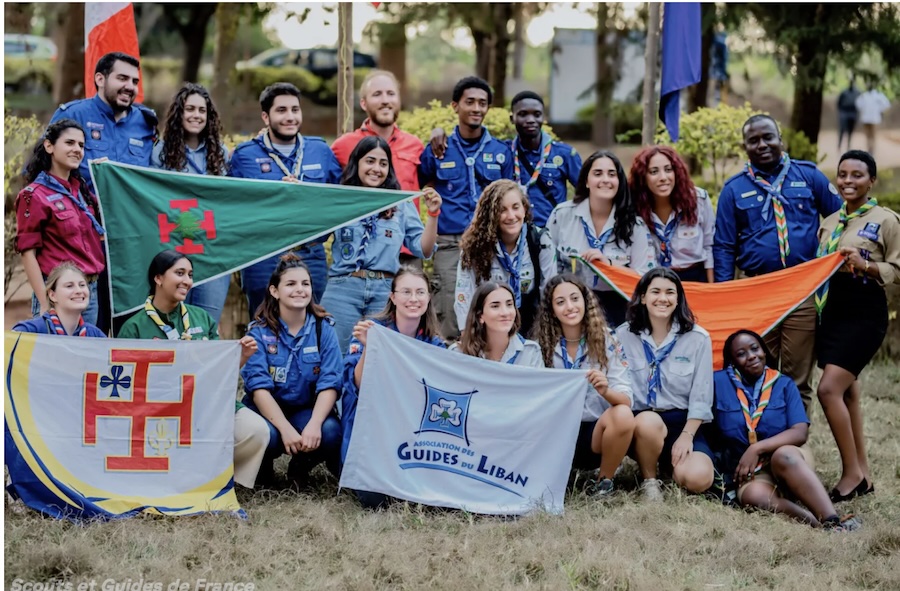
Led by the Scouts and Guides of France, in partnership with the Scouts of Lebanon, the Association of Guides of Lebanon, the Rwanda Scouts Association, Rwanda Girl Guides Association, the Tunisian Scouts, and the Association of Catholic Scouts of Côte d’Ivoire, this initiative is aiming to reach more than 11,000 Scouts and Guides from 14 to 25. Together, they are leveraging the educational methods of Scouting and Guiding to promote peace, environmental sustainability, and gender equality.
Through workshops, camps, training sessions, advocacy campaigns, and other activities, participants are becoming powerful ambassadors for positive change within their communities. These Scouts and Guides are engaging in citizen mobilisation, partnering with local authorities to advance sustainable, equitable, and fair societies. Funded by l’Agence française de développement (French Development Agency), the project provides young people with the tools and skills necessary to create a brighter future.
(continued in right column)
Are we seeing the dawn of a global youth movement?
(continued from left column)
A key milestone of the PLANETE project occurred in August 2024, when Scouts and Guides from across the globe gathered in Rwanda for an international camp. Held from 25 to 31 August, the event focused on the pivotal role Scouting plays in fostering peace and tolerance. Drawing inspiration from Rwanda’s history of resilience and recovery, participants engaged in discussions and activities centred on intercultural understanding and reconciliation. These shared experiences reinforced the importance of dialogue and cooperation in the quest for a more peaceful world.
The PLANETE project also places a strong emphasis on environmental action. In France, Scouts participated in an ecological camp in Brittany in July 2024, focusing on biodiversity conservation and sustainable living. With no access to electricity and fully immersed in nature, Scouts participated in practical activities such as waste collection, vegetation maintenance, and raising awareness in local communities.
Similar environmental initiatives are taking place in other participating countries, with Scouts leading efforts to protect natural environments and advocate for sustainability.
Looking ahead, the project will maintain its focus on environmental sustainability, peace, and gender equality through various initiatives. In 2025, several ecological camps will be organised across the five participating countries, where young participants will tackle critical issues such as climate change, conservation, and ecological transition. Additionally, from August 9 to 15, an international camp on interfaith dialogue will take place in Tunisia, bringing together seven delegations from partner organisations. This activity will empower participants to become ambassadors of peace and take initiative in their communities.
Creating a more inclusive, peaceful, and sustainable world begins with education, community engagement, and international collaboration. The PLANETE project is igniting a global movement of young leaders, with Scouts and Guides turning their ideals into tangible actions that inspire lasting change.
– – – – – –
If you wish to make a comment on this article, you may write to coordinator@cpnn-world.org with the title “Comment on (name of article)” and we will put your comment on line. Because of the flood of spam, we have discontinued the direct application of comments.
